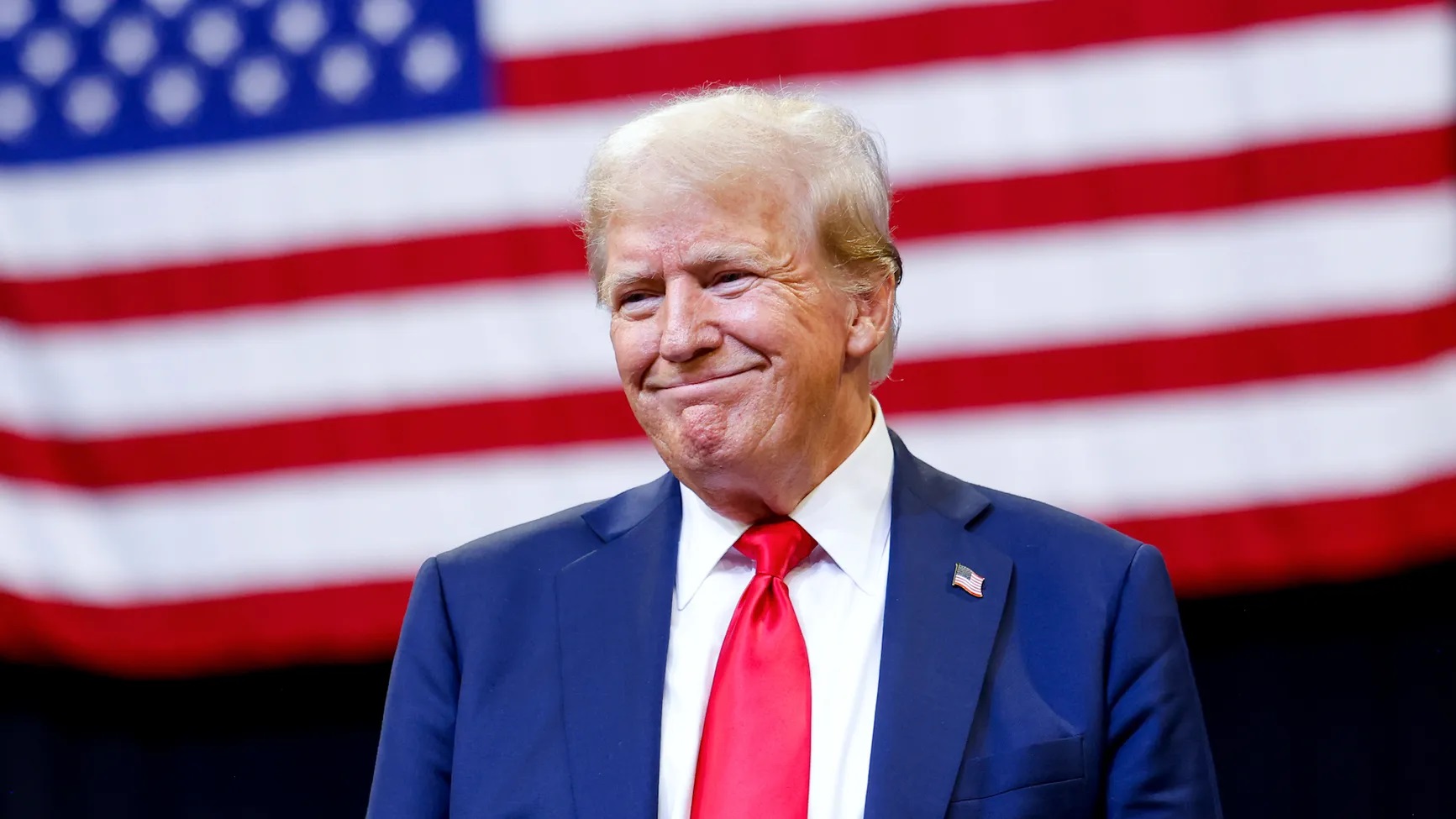Donald Trump will be inaugurated on 20 January as the next president of the United States, leaving a big vacuum when it comes to clean energy and climate leadership. Will Europe be able to step up to the plate?
Donald Trump has made his stance towards green policies very clear: they must be eradicated by any means necessary. Climate change is a hoax, wind turbines cause cancer and oil rigs are beautiful.
To what extent his “drill, baby, drill” campaign rhetoric is actually enacted into legislation will only be ascertained once Trump and his administration are installed in the Oval Office, but the likelihood is that it will be a bonfire of a lot of Biden-era policies.
The Inflation Reduction Act's lucrative tax credits for clean technologies and a number of executive orders that have curtailed fossil fuel development are all on Trump's team's radar, although there are some Republican lawmakers from areas that have benefitted greatly from Biden's focus on green.
That makes the prospect of Trump undoing all of Biden's progress less likely, so it is probable that the twice-impeached president-elect will start with the easy symbolic stuff instead.
First on the executioner’s block will be the US’s membership of the Paris Agreement. Trump took the world’s second largest polluter out of the landmark deal during his first term, only to see Joe Biden immediately sign the country back up during his first weeks in office.
An exit is very much on the cards again. Trump could also galvanise his efforts this time by enacting extra legislation to prevent the next president reversing it again or stripping funding out from under the feet of the UNFCCC, the United Nations body that runs the COP process.
In any case, European Union climate boss Wopke Hoekstra called the prospect of a US exit “a serious blow” to international climate policy. That is why Europe has to step up and take up the slack that will be created by Trump.
But it is off to a bad start. All Paris signatories are supposed to submit new emissions-cutting plans for 2035 by February. A couple of countries have done that already, including the US itself.
Unfortunately for the EU’s climate credentials, it looks set to miss that deadline and instead bring the target to the end of year COP summit in Brazil, which is scheduled to be held in November.
Hoekstra, quite understandably, has pointed out that this is because the EU’s own political cycle refresh - which last year saw new MEPs elected and a new Commission appointed - simply did not allow enough time to work on the plan.
‘Excuses, excuses’ some might say. Although a decent rationale for the EU’s slowness, it does once again cast direct sunlight on the bloc’s inability to move quickly and, perhaps, its unsuitability to deal with climate change effectively.
It will also be less effective in convincing its partners around the world to follow suit and bring ambitious new pledges to the Brazil summit as well. Any influence the EU can exert could be back-loaded until after COP, it seems.
Europe is not just the EU though, and the United Kingdom may be fancying its chances at filling that climate leader vacuum. It has a number of things going for it.
First off, the last time Trump got into the White House was the same year that the UK chose to leave the EU. Brexit took up all the bandwidth and there was zero chance of Britain assuming that green mantle nearly a decade ago.
This time, it is different. There is a new government in power that has made clear its goals of transitioning the UK to a green economy at an ever faster rate than before.
Britain burned its last lump of coal for power last year and is aiming to clean up its electricity system by 2030, not to mention enacting more ambitious zero-emission vehicle standards than the EU.
However, it must be said that the UK is not the power it once was. Brexit stripped a lot of its credibility away and accelerated a declining trend of international influence that extends all the way back to the end of the Second World War.
There is only so much that a rather small collection of islands in the middle of the windy North Sea can do to influence global affairs, but it could still play an outsized role if the right priorities are set.
As always, much will depend on what China wants to do. The world’s biggest producer and consumer of both renewables and fossil fuels, China is both the solution and partly the cause of the climate mess we all find ourselves in.
If Beijing sees a green leadership role as its best bet to win what is likely a damaging upcoming trade war with the US, then the planet could be in luck. Geopolitics is rarely that simple or logical though.
A potential outcome of Trump’s withdrawal could be to disprove that old adage that “nature abhors a vacuum” and that, in this particular instance, it will be a matter of waiting yet another four years for the US political merry go round to have its way.
Want more updates and analysis of what is happening in the world of energy and climate? Interested in finding a job in the sector or more information about public tenders? Sign up to our Energy Rundown newsletter here!

